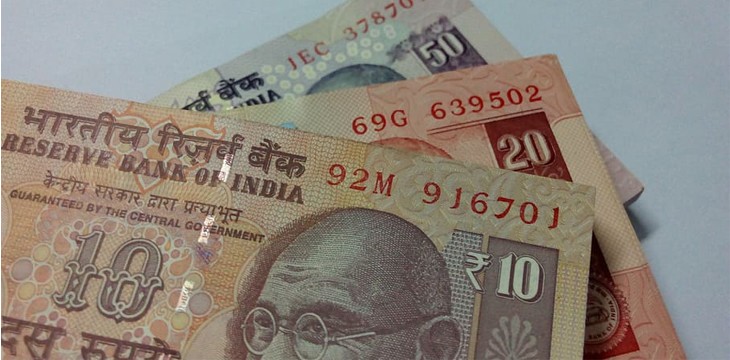|
Getting your Trinity Audio player ready...
|
India could be on its way to developing and adopting a digital rupee. In a strategy plan drafted recently, a national thinktank has recommended the development a digital rupee which will be administered by the Reserve Bank of India. Other recommendations include comprehensive regulations for the industry, including the formation of a national industry body.
India has had a checkered history with cryptocurrencies, with the RBI being embroiled in court battles with crypto exchanges in the recent past. However, the country has been pro-blockchain for long and now has its sights set on being a world leader in adoption. In a recent report dubbed ‘National Strategy for Blockchain’, the National Institute for Smart Government (NISG) believes that India could integrate the technology in governance, health and financial services.
The NISG, which was formed by the Indian government, believes that the financial services industry will be a frontrunner in adoption. Blockchain is superior to current systems in verifying and transferring financial assets. “Inefficiencies in cross-border payments and trade finance, can be addressed by systems based on blockchain,” the Institute stated.
In this regard, it believes that a digital rupee would serve the country greatly, stating, “To facilitate innovation, we can examine the concept of a Central Bank Digital INR (CBDR) administered through a National Permissioned Blockchain that can run decentralized applications written in Turing complete programming languages and offers Trust As a Service.”
Being the second-most populous nation in the world, India could benefit from the CBDC, effectively making movement of funds easier, faster, cheaper and more transparent. The country currently has a thriving informal money transfer system known as Hawala or ‘the poor man’s Bitcoin.’ Hawala has thrived for many reasons, with high transaction fees in the formal sector being the biggest. If availed to the public, a CBDC could facilitate real-time cost-efficient transfer of funds.
The NISG also recommended the differentiation between blockchain types, recommending the use of permissioned blockchain systems. It believes that they’ll offer the authorities better oversight, especially regarding KYC and AML guidelines.
The government must encourage innovation and experimentation by the private sector, adopt a light touch regulatory approach and establish a body to coordinate blockchain strategy, the report stated. It added, “Virtual currency and digital asset-related statutes and regulations should emphasize function. New rules and statutes should not be based on the type of technology itself but, rather, the use or activity involving the technology.”
While the country strives to become a global leader in blockchain adoption, the state of crypto in the country is still wanting. Some Indian crypto exchanges have had to shut down or shift their operations abroad after an RBI directive denied them access to banking services. The regulator recently claimed that crypto wasn’t banned in the country, but this hasn’t done much to change the situation.

 02-20-2026
02-20-2026 




